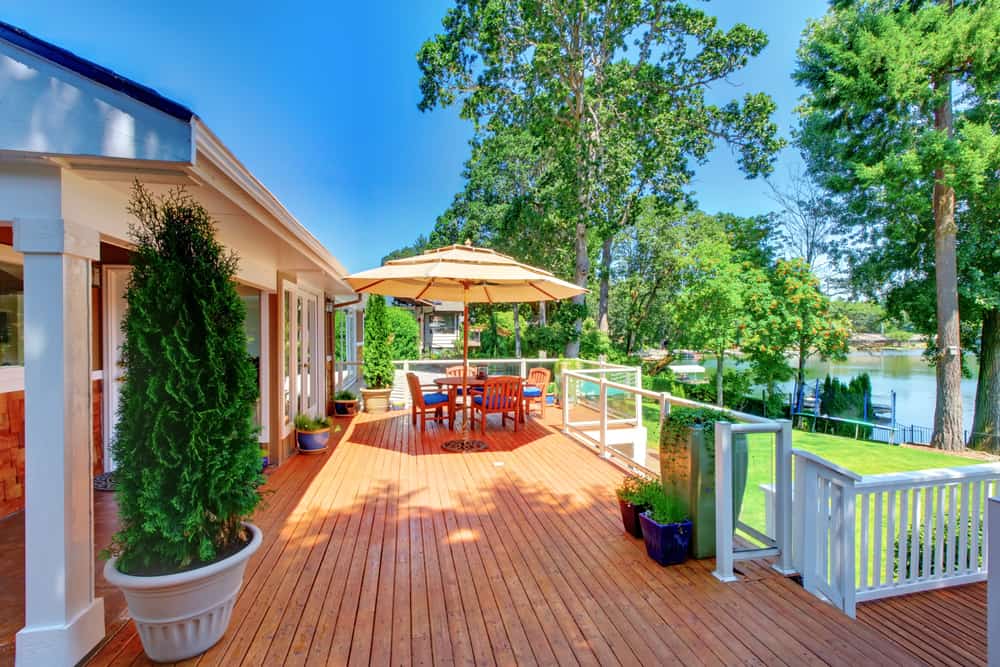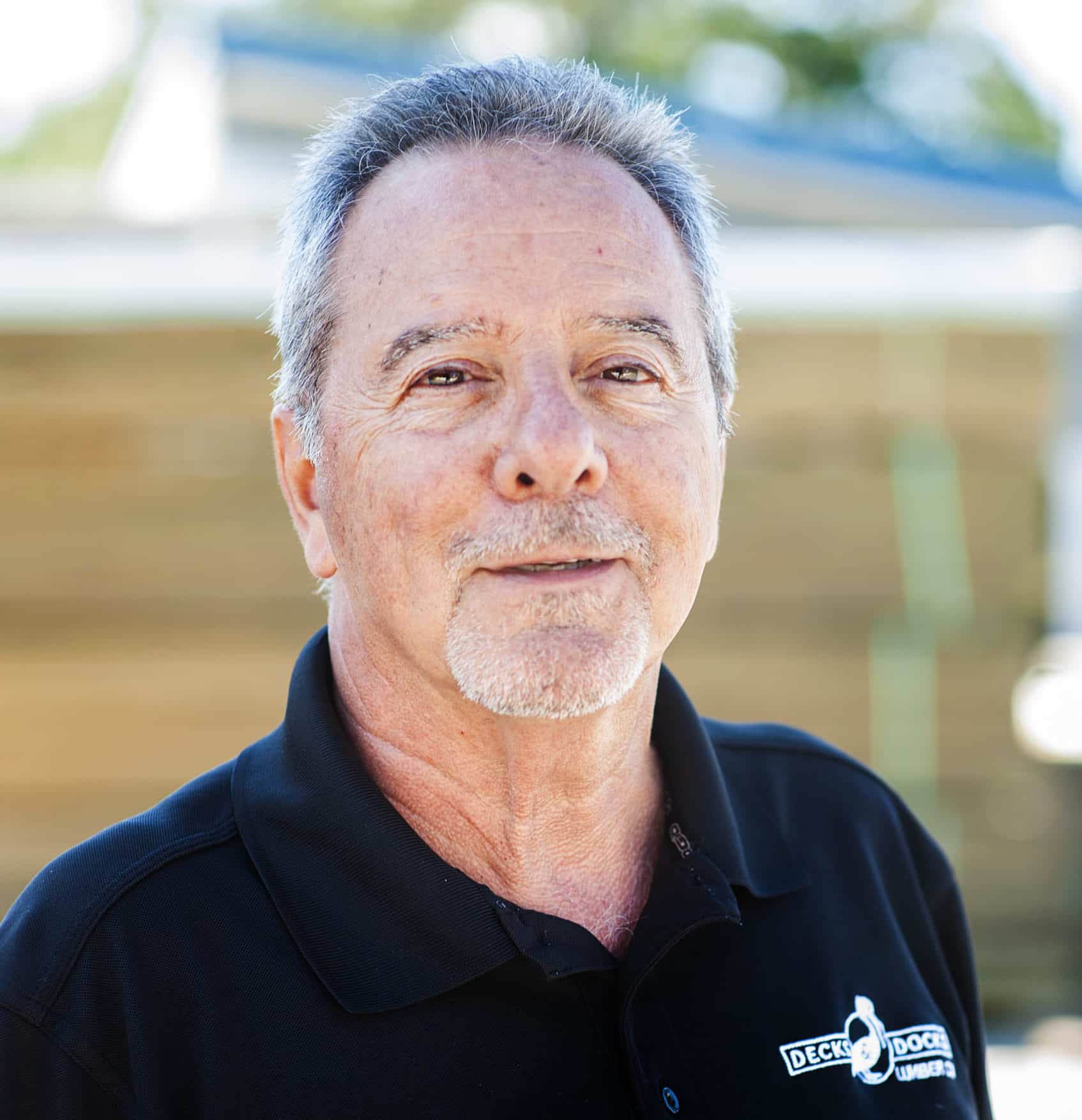
How to Choose Composite Decking
Composite decking has come a long way since the 1980s. With more options to choose from, homeowners face a slew of decisions on their way to designing their ideal deck. (If you want to skip the reading and learn more about composite decking from the pros,
feel free to stop by one of our locations.)
Why Choose Composite Decking?
Composite decking can be an inexpensive, eco-friendly solution for your decking needs. With numerous style options available, it can truly represent you and your home. Composite decking requires less maintenance than a wooden deck and is longer-lasting, making it a popular choice. Not all composites are the same, however. To make it easier for you to select the right composite for you, here are four things to consider when choosing composite decking.
Material
Not all composites are made from the same materials. How decking is made and the material used can have important implications for where it should be used. If you have a dock off your deck, for example, or want to match your dock and deck, you’ll need to consider which composites work better with water.
We currently carry products made from high-density polyethylene (HDPE; Advantage, LumbeRock), capped PVC (AZEK, TimberTech), capped composite (50-50 wood cap and HDPE; Trex, TimberTech), and composite (50-50 HDPE and wood; MoistureShield, EverGrain).
Benefits & Features
Some composites fare better with water and heat than others. Depending on where your decking is, keep these factors in mind.
- HDPE: HDPE boards can be made from both recycled or virgin materials. They are long-lasting, strong, and slip resistant. HDPE boards come in a variety of colors. LumbeRock boards are made from recycled plastics, making it a great eco-friendly option. Advantage decking using virgin HDPE and fiberglass to create reinforced boards.
- Capped PVC: Capped PVC features no wood content and does not hold heat, though the boards come in natural wood stains. It is lightweight and long-lasting, great around pools and wherever you want to go barefoot. PVC can be submerged in water and comes with a lifetime warranty.
- Capped Composite: Beautiful textures and colors are a hallmark of capped composite. Similar to the original composite, capped composite features a hard shell cap that is resistant to mildew and rot. Trex and TimberTech have 25-year warranties. Capped composite requires minimal maintenance and is scratch and slip resistant.
- Composite: Composite decking is made to look like real wood. It is a solid piece of material that is made from a mix of wood and recycled HDPE. MoistureShield composite can be submerged in water without degrading. It is cost-effective and long lasting with proper maintenance.
Disadvantages
- HDPE: HDPE is not appropriate for fuel docks because of static electricity issues. It can also suffer from color variation.
- Capped PVC: Capped PVC is made from all-new materials. They are not warrantied against fading and darker colors may get a chalky appearance after time.
- Capped Composite: Capped composite boards are not the same color all the way through and are not moisture resistant.
- Composite: Because composite is not capped, it is susceptible to scratches. It can also fade and grow mold.
Price
While we’re big believers in not settling for something just because of the cost, we understand that many homeowners are on a budget. If you’re concerned about the cost of composite decking, speaking with one of our highly trained associates can help you determine which composite may be best for your project. Generally, early generation composite is the least expensive, followed by HDPE and capped PVC, and then capped composite.
Your deck helps expand your home and can turn your backyard into an oasis. When choosing a decking composite, make sure that it meets as many of your needs and wants as possible so that you can thoroughly enjoy the finished product. Learn more about composite decking on our website, or give us call.
- About the Author
- Latest Posts
Dan has worked for Decks and Docks for over twenty-five years. He managed the original Decks and Docks store in St. Pete, which is our largest store. Dan is simply the best all around. He knows more about this company and our products than probably anyone else. Dan currently works in Sales at our corporate office.
